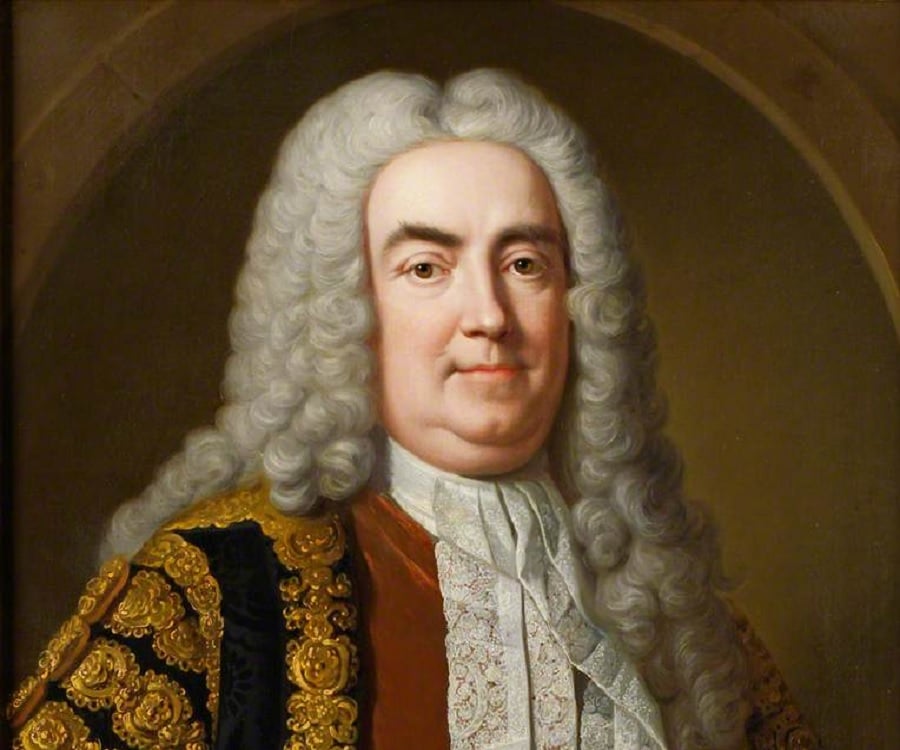 Writing historical mystery is a different kind of skill, I’ve found. You have to do the research, then transmit that research to the reader without being boring, and make it all work as if it’s the normal way of going on. In the brutal eighteenth century, when you could be hanged for stealing a penny loaf, it’s hard not to apply modern judgments to the crimes, and to add a purely twenty first century perspective.
Writing historical mystery is a different kind of skill, I’ve found. You have to do the research, then transmit that research to the reader without being boring, and make it all work as if it’s the normal way of going on. In the brutal eighteenth century, when you could be hanged for stealing a penny loaf, it’s hard not to apply modern judgments to the crimes, and to add a purely twenty first century perspective.In the Georgian era, the law worked very differently to the way it does now. That’s what you get for having an unwritten constitution. It evolves, and there are very few Acts of Parliament that signal a drastic change from what went before. Usually, they develop bit by bit.
However, in 1723 a law did change things up. It was called the Waltham Black Act.
The first Prime Minister (itself a term intended to be derogatory, but then got turned around to describe the position), Robert Walpole instituted it. It was primarily intended to counter one of the three scourges of the eighteenth century, poaching. When property was the basis of power and most wealth was made from crops and livestock, before the industrial revolution kicked in, poaching was a crime that hit right at the heart of society. If I called it “rustling,” you’d get a better idea of what the poaching gangs were doing. Not purloining a few rabbits from the squire’s land, but stealing flocks of sheep, prime beef herds and key breeding stock.
Land was protected by a complicated network of sometimes contradictory laws, and confusion led to key criminals escaping lightly. The Waltham Black Act was intended to do away with all those, and institute one clear law to replace them. But in the process, it added 50 crimes to the capital roster. 50 more crimes a person could be hanged for. And they were. Poaching, it turned out, was only the excuse used to tighten the law and make what came to be known as “The Bloody Code.”
It swung power decisively to the ruling class, and formed the basis of what came to be the eighteenth century oligarchy. Owners of large estates had massive powers that went well beyond their boundaries. The poor and smallholders, already crippled by Enclosures (the enclosing of common land) were forced down even more, a state that was to last for the next hundred years.
Why Black? We’ll not, as you might think, because it was a terrible idea, but because poachers blackened their faces in order to remain unseen at night when they did their work.
As a result, a child could be hanged for stealing goods worth more than a shilling. This also gave a magistrate certain power, because he (and it was always he) had the power to value the goods. It wasn’t what the shopkeeper or landowner priced the goods at, it was what the court considered they were worth. That led to corruption, but it also gave the courts a loophole for leniency.
People hanged or punished under this law were known as “blacks,” which can be confusing to the researcher!
The Black Act was finally taken off the law books by Robert Peel. But by then its philosophy was outdated. Power was rapidly moving to the newly enfranchised middle class, who didn’t own land to breed cattle, but to dig for coal. Towns were shooting up, and the rural poor were moving there to work in factories. For the first time in history, a police force was established. And the new age was beginning.






3 comments:
What a cool blog! I wrote several historical romances and I really enjoy them. The research is the best part in my opinion! Thanks for teaching me something new today! Yay!!
Fascinating blog! We often idealize the law as a mechanism for justice, but usually it's all about power. Thanks for a really interesting historical tidbit.
My 6th Great Uncle was William Potter the last man to be hung in 1814 under the Black Act. My 4th Great Grandfather did not learn from his Uncle's mistakes but was transported to Tasmania in 1942 thanks to the Black Act being abolished...
Post a Comment